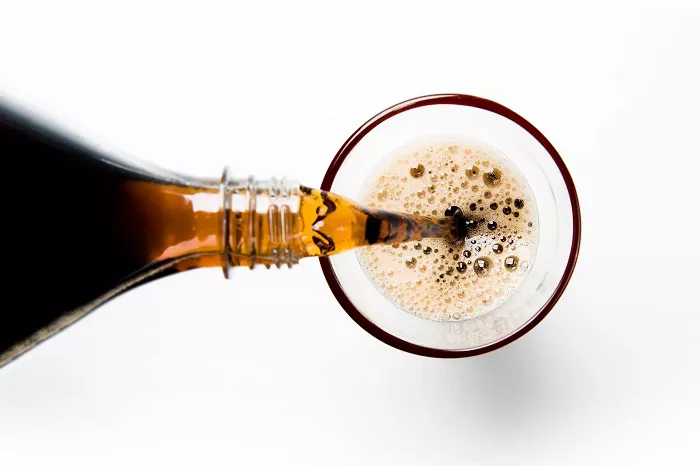Type 2 diabetes is a growing global health crisis, and while its causes are complex, diet plays a major role. Excessive sugar consumption—particularly from sugar-sweetened beverages like soda—has long been linked to weight gain and insulin resistance. Now, groundbreaking research suggests another dangerous mechanism: sugary drinks may be altering the gut microbiome in ways that further increase diabetes risk.
The study, published in Cell Metabolism, analyzed data from over 16,000 Hispanic and Latino adults, a population disproportionately affected by diabetes. Researchers examined participants’ dietary habits, gut bacteria composition, and blood metabolite levels to uncover how sugar impacts metabolic health. Their findings reveal a troubling connection between high sugar intake, harmful gut bacteria, and reduced levels of beneficial compounds that help regulate blood sugar.
The Gut Microbiome’s Role in Diabetes Development
The human gut is home to trillions of bacteria that play a crucial role in digestion, immunity, and metabolism. When these microbes are balanced, they help break down food into beneficial byproducts, including short-chain fatty acids (SCFAs), which reduce inflammation and improve insulin sensitivity. However, the new research found that people who consumed two or more sugary drinks per day had significantly lower levels of SCFA-producing bacteria, such as Eubacterium and Ruminococcus.
Without enough of these helpful microbes, the body struggles to maintain stable blood sugar levels. SCFAs activate receptors in the gut that stimulate the release of glucagon-like peptide-1 (GLP-1), a hormone that enhances insulin production and suppresses appetite. Drugs like Ozempic mimic GLP-1 to treat diabetes and obesity—highlighting just how critical this pathway is for metabolic health.
Why Liquid Sugar Is Especially Harmful
Not all sugar is equal. While sweets and processed foods contribute to diabetes risk, sugary beverages pose a unique threat. Unlike solid foods, drinks like soda deliver a rapid surge of sugar without fiber, protein, or fat to slow absorption. This leads to sharp spikes in blood glucose and insulin, which over time can exhaust the pancreas and worsen insulin resistance.
Additionally, liquid sugar appears to trigger inflammatory pathways in the liver, promoting fat accumulation and further metabolic dysfunction. Dr. Minisha Sood, an endocrinologist not involved in the study, explains that the speed of absorption matters: “When you drink sugar, it hits the liver faster and more intensely, activating processes that contribute to diabetes.”
A Warning for All Populations
While the study focused on Hispanic and Latino individuals—who face higher diabetes rates—the implications extend to everyone. The gut microbiome responds similarly to excessive sugar across different ethnic groups, meaning frequent soda consumption is likely harmful regardless of genetic background.
Experts agree that reducing sugary drink intake is one of the simplest and most effective ways to lower diabetes risk. Water, unsweetened tea, and sparkling water are far healthier alternatives. As research continues to uncover the intricate links between diet, gut health, and chronic disease, one message is clear: cutting back on sugar-sweetened beverages isn’t just about calories—it’s about protecting long-term metabolic health.
The findings add to a growing body of evidence against excessive sugar consumption, reinforcing the need for better public health policies and individual dietary changes. With diabetes rates rising worldwide, understanding these connections could help millions take proactive steps toward prevention.
Related topics:
- Sugary Drinks Fuel Global Rise In Diabetes And Heart Disease, Study Reveals
- Beyond the Bias: The Hidden Struggles of Living with Diabetes
- New Study Reveals How Bacterial Infections May Trigger Type 1 Diabetes in Some Individuals


